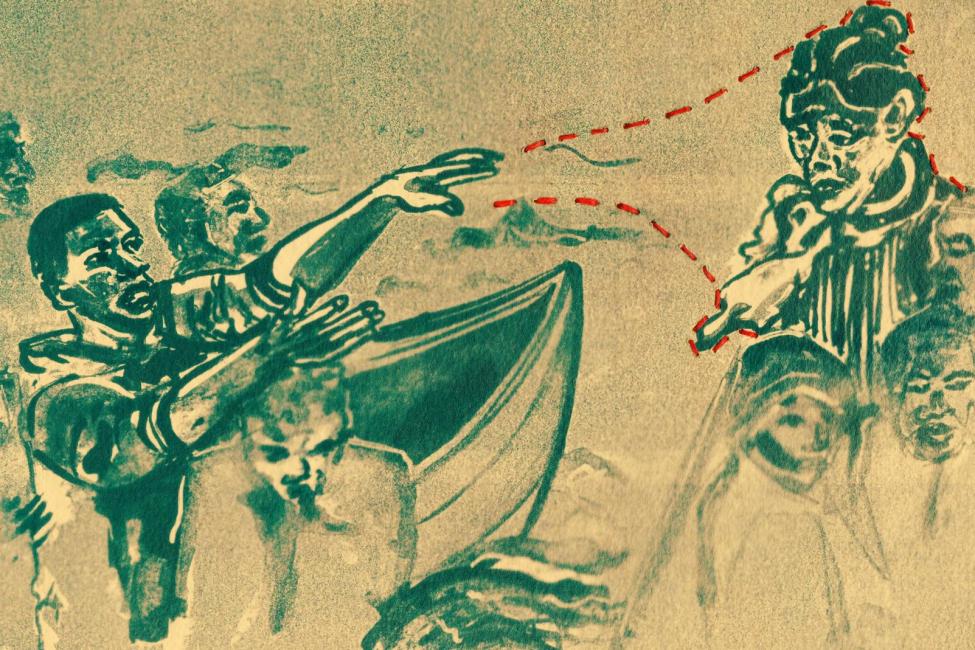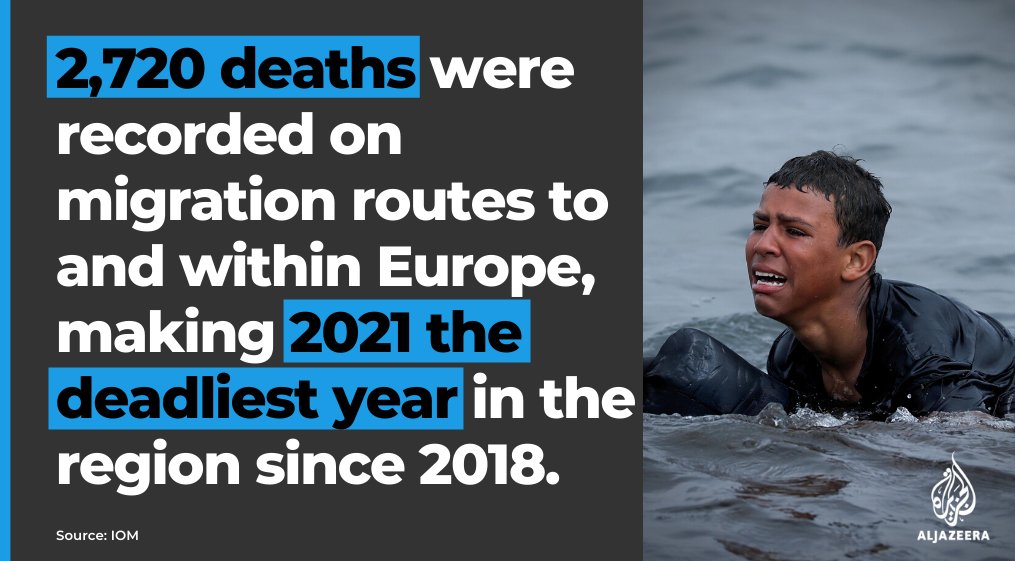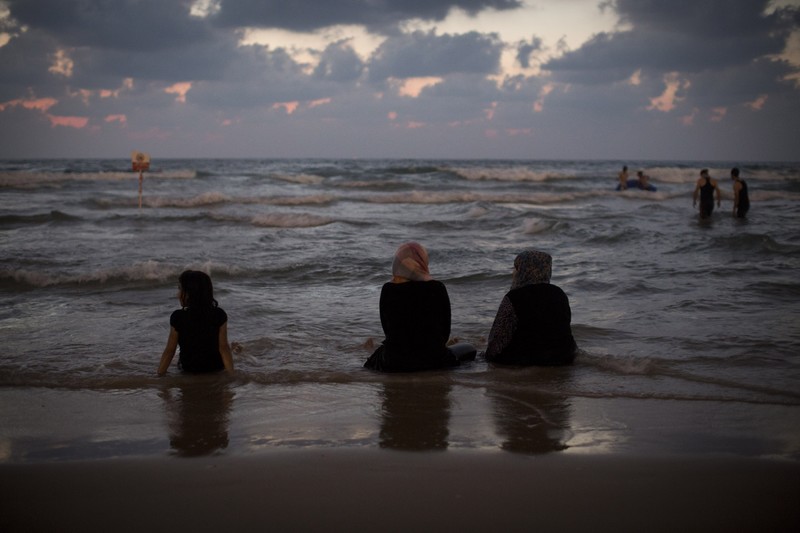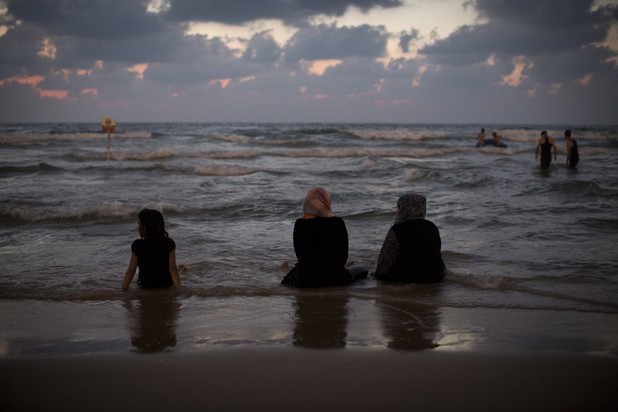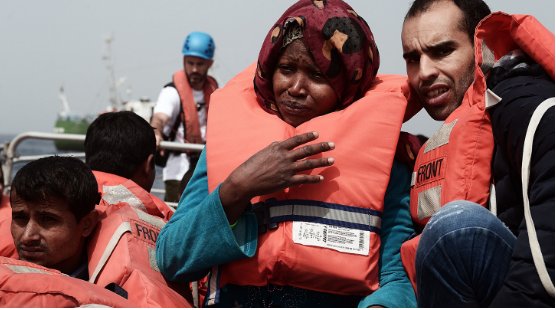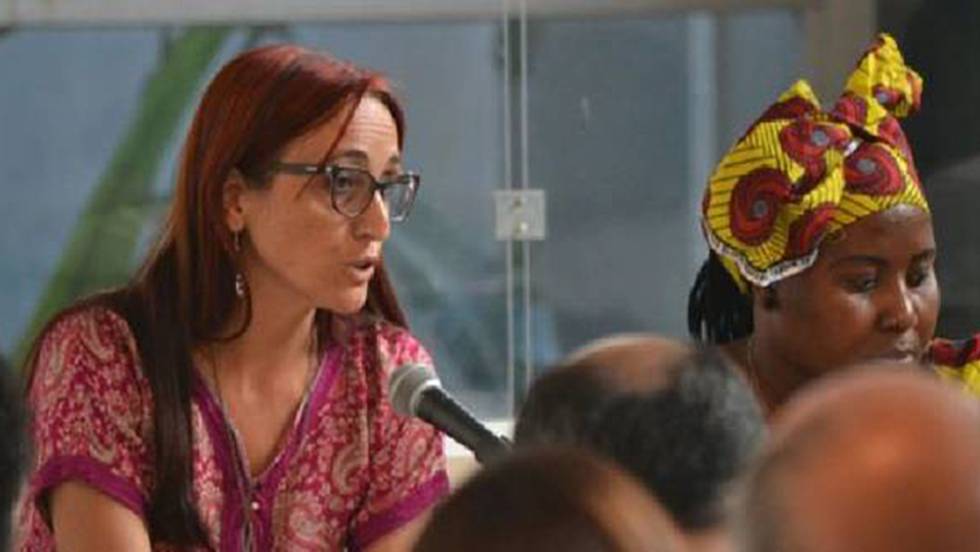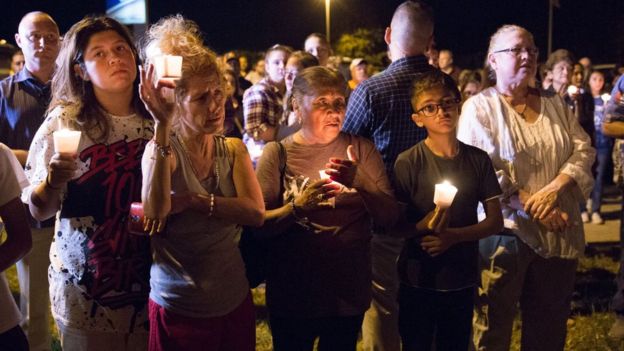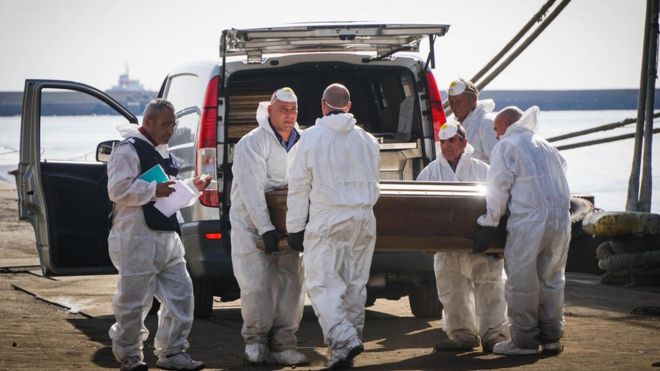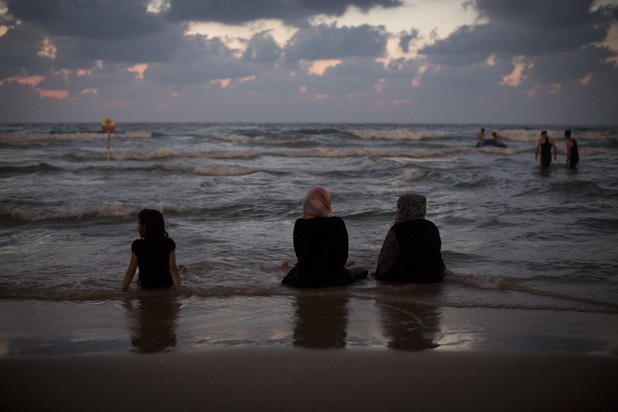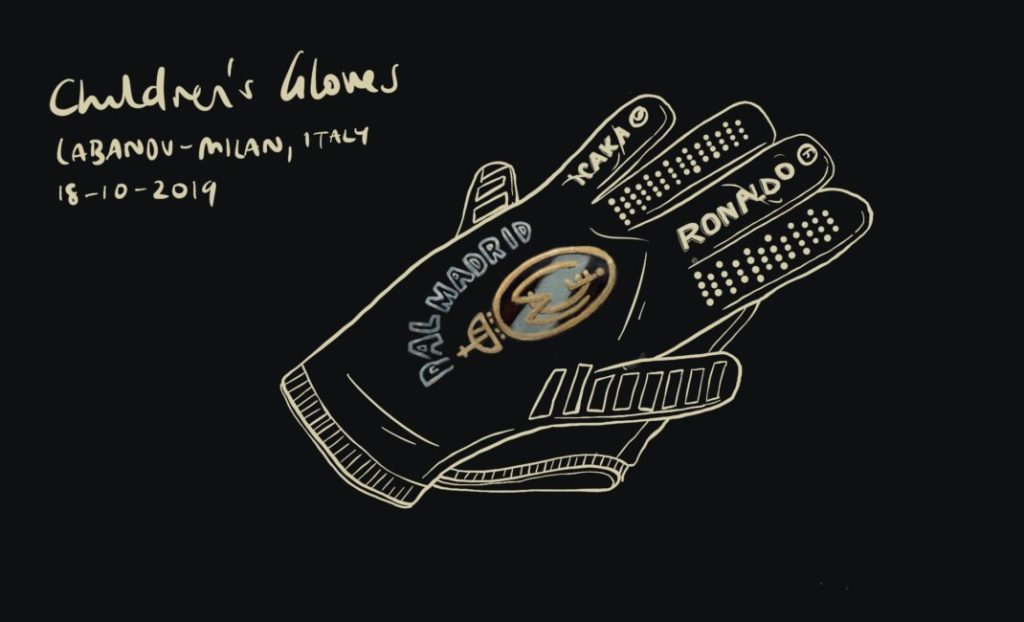
“Yea, though I walk through the valley of the shadow of death, I will fear no evil: for thou art with me; thy rod and thy staff they comfort me.” Psalm 23
BBC headline today: “Italy migrant boat shipwreck: More than 100 people feared dead”. The article, in part, reads: “There are fears that more than 100 people, including children, have died after their boat sank in rough seas off southern Italy. At least 62 migrants are confirmed to have died, with 12 children said to be among the victims, including a baby. The vessel, thought to have carried some 200 people, broke apart while trying to land near Crotone on Sunday. People from Afghanistan, Pakistan, Somalia, Syria, Iraq and Iran were said to be on board. Bodies were recovered from the beach at a nearby seaside resort in the Calabria region.” Notice how “people” become bodies. And who exactly “fears”? The governments that turned the Mediterranean into a graveyard? The governments that support them, by turning border rivers, mountains, deserts, plains into cemeteries? The people who vote for these policies?
Remember?
May 30, 2016: “Last week at least 700 people – refugees and asylum seekers – drowned in the Mediterranean. That raises this year’s known death toll to 2000. Italy plans to build a cemetery, a memorial of sorts, to those who die at sea. It would be located next the remains of the country’s largest fascist concentration camp. While the cemetery is the least Italy, or any country, can do, that cemetery is not a “final resting place”. There is no final resting place for those refugees and asylum seekers. This weekend is filled with images of cemeteries and those who come to the cemeteries: families, dignitaries, people. But there is no picture of the surface of the Mediterranean, and there should be. As we stare at the photographs of cemeteries, we should be made to stare at the unbroken surface of the Mediterranean. We should remember all who have perished in the name of war.”
December 30, 2016: “This year, all that is human drowned in the sea, all that is holy has been profaned, and we are at last compelled to face with sober senses our real conditions of life, and our relations with our kind. In 2016, at least 5000 migrants drowned in the Mediterranean. Last Friday, two boats capsized, and “about 100 people are missing and feared dead.” Who fears them dead? No State and no amalgam of nation-States fears them dead. Rather, in this the deadliest year ever for migrants trying to reach Europe, the year’s epitaph is simple: “2016: The year the world stopped caring about refugees”. We are the world, and we turned the sea into a graveyard. This year, the women, child, man of the year lies on the bottom of the Mediterranean, and we do not know their names, and we do not much care. If we did, they would be alive today. So here is a poem for the unknown refugees who lie in the cemetery that we have made of the Mediterranean.”
July 26, 2019: “Today was to be about the women in Puerto Rico who changed history, who sparked and sustained a movement against patriarchy, colonialism, injustice, imperialism, racism, misogyny. Today was to be about the women in Puerto Rico who continue to move a nation forward. But 150 women, children, men died – were murdered – off the coast of Libya, and the story that is told cannot stand. The story that is told is so much noise “tragedy”, tragedy, tragedy. Fear: feared drowned; feared dead; feared dead; feared drowned. These reports empty tragedy and fear of all meaning. As activist Helena Maleno has noted, Europe and the United States have militarized the borders into death zones, zones of necropolitics, necrocapitalism, necroborderlands, in which people are killed or abandoned to die. Criminalize all attempts at rescue or support, militarize the spaces between nations, criminalize those who seek rescue or support, fill the waters with sharks, and then, when the refugees and asylum seekers drown, call it a tragedy of monumental proportions.”
December 31, 2019: “Once again, the year ends with the surface of the Mediterranean concealing thousands of humans lost. According to the International Organization of Migration, 1246 people – women, children, men – drowned in the Mediterranean while trying flee certain death. In certain circles, this number, 1246, is being celebrated as a mark of success. The numbers of dead have declined. Fortress Europe, like Fortress Australia and Fortress USA, is working. This is the mathematics of success in our contemporary world. 2019: 1246 dead: “the fifth straight year of at least 1,000 deaths on the Mediterranean”. 2018: 2299 dead. 2017: 3139 dead. 2016: 5143 dead. 2015: 4054 dead. 2014: 3283 dead. From 2014 to today, 19,164 souls – women, children, men – thrown into the deep waters of unmourning. No language, no marking of names, no taking of place. No singing. Only the silence of “success”.”
December 31, 2020: “For the last few years, Europe (including the United Kingdom), the United States, and Australia – the imperial ‘we’ – turned bodies of water, such as the Mediterranean, into massive graveyards. This year, dissatisfied with having poisoned the Mediterranean, Europe extended the Mediterranean into the Atlantic Ocean, to the Canary Islands. According to Helena Maleno and her organization, Caminando Fronteras, this year 2170 people died, drowned, trying to reach Spain. The overwhelming majority of those who drowned died on their way to the Canary Islands. 1851 people died in 45 shipwrecks. In 2019, 893 people died trying to reach Spain. A 200% increase in African deaths is considered a success in Fortress Europe, having `secured’ the Mediterranean by increasing military patrols and forcefully decreasing rescue ships. As of two days ago, 1,156 deaths were recorded this year in the Mediterranean. The Mediterranean Sea the deadliest migration route and, extending now to the Canary Islands, the largest cemetery ever built.”
December 31, 2021: “On December 25, in three separate incidents, three boats filled with refugees capsized. At least 31 people died, and, as of now, scores of people on those boats are still missing. It is the worst Aegean death toll since October 2015. The next day, December 26, close to 30 people washed ashore in Libya, refugees who had tried to cross the Mediterranean, just so much flotsam from another shipwreck. These corpses capped a week in which at least 160 people, migrants, drowned in shipwrecks off the coast of Libya.”
It’s too late, way too late, to claim to “fear” that migrants have died. Those children, those women, those men, did not drown. They were executed, and now the hangmen “fear” they might be dead?
Here, in lieu of Psalm 23, is today’s prayer …
By Emmy Perez
A river killed a man I loved,
And I love that river still
—María Meléndez
1.
Thousands of fish killed after Pemex
spill in el Río Salado and everyone
runs out to buy more bottled water.
Here, our river kills more crossers
than the sun, than the singular
heat of Arizona, than the ranchlands
near the Falfurrias checkpoint.
It’s hard to imagine an endangered
river with that much water, especially
in summer and with the Falcon Reservoir
in drought, though it only takes inches
to drown. Sometimes, further
west, there’s too little river
to paddle in Boquillas Canyon
where there are no steel-column walls
except the limestone canyon’s drop
and where a puma might push-wade across,
or in El Paso, where double-fenced muros
sparkle and blind with bullfight ring lights,
the ring the concrete river mold, and above
a Juárez mountain urges
La Biblia es La Verdad—Leela.
2.
Today at the vigil, the native singer
said we are all connected
by water, la sangre de vida.
Today, our vigil signs proclaimed
McAllen is not Murrieta.
#iamborderless. Derechos
Inmigrantes=Derechos
Humanos. Bienvenidos niños.
We stand with refugee children.
We are all human. Bienvenidos
a los Estados Unidos.
And the songs we sang
the copal that burned
and the rose petals spread
en los cuatro puntos were
for the children and women
and men. Songs
for the Guatemalan
boy with an Elvis belt buckle
and Angry Birds jeans with zippers
on back pockets who was found
shirtless in La Joya, one mile
from the river. The worn jeans
that helped identify his body
in the news more times
than a photo of him while alive.
(I never knew why the birds
are angry. My mother said
someone stole their eggs.)
The Tejas sun took a boy
I do not know, a young man
who wanted to reach Chicago,
his brother’s number etched in
his belt, his mother’s pleas not
to leave in white rosary beads
he carried. The sun in Tejas
stopped a boy the river held.
Detention centers filled, churches
offer showers and fresh clothes.
Water and a covered porch may
have waited at a stranger’s house
or in a patrol truck had his body
not collapsed. Half of our bodies
are made of water, and we can’t
sponge rivers through skin
and release them again
like rain clouds. Today
at the vigil the native singer
sang we are all connected
by water, la sangre de vida.”
We are all connected by water, la sangre de vida. Not one more refugee death. Amen.
(By Dan Moshenberg)
(Image Credit: Kassidy Dawn / Lacuna)
